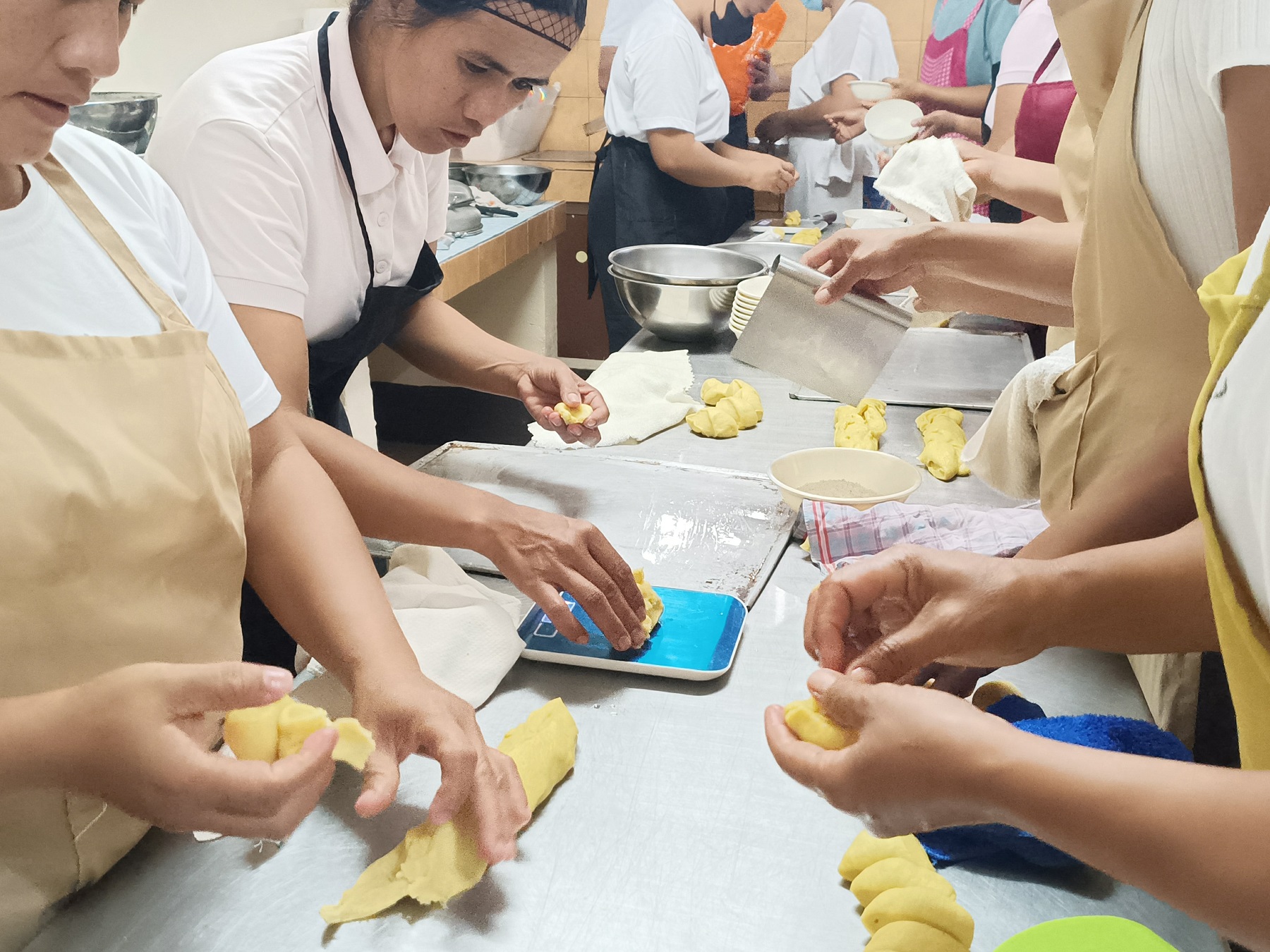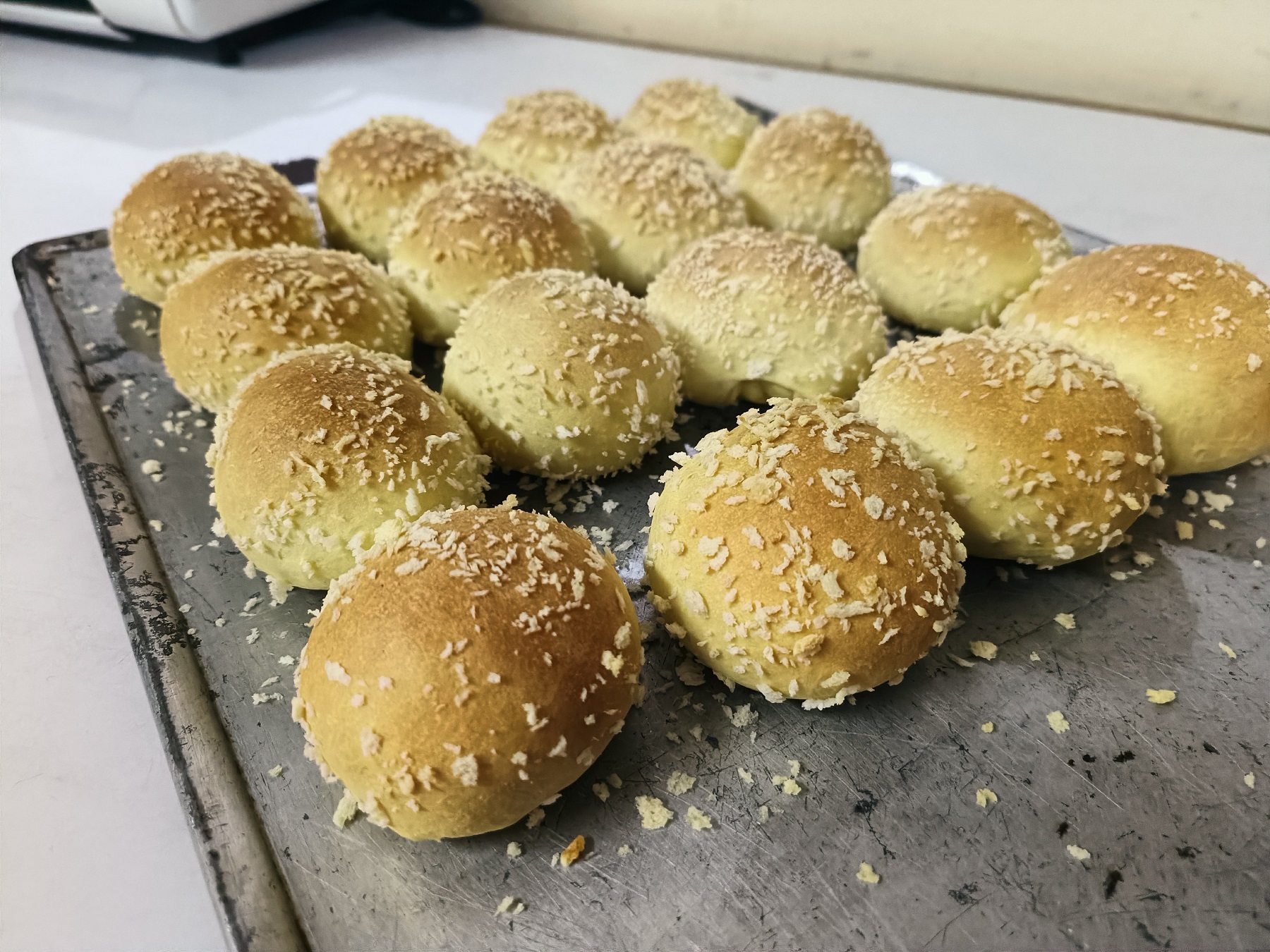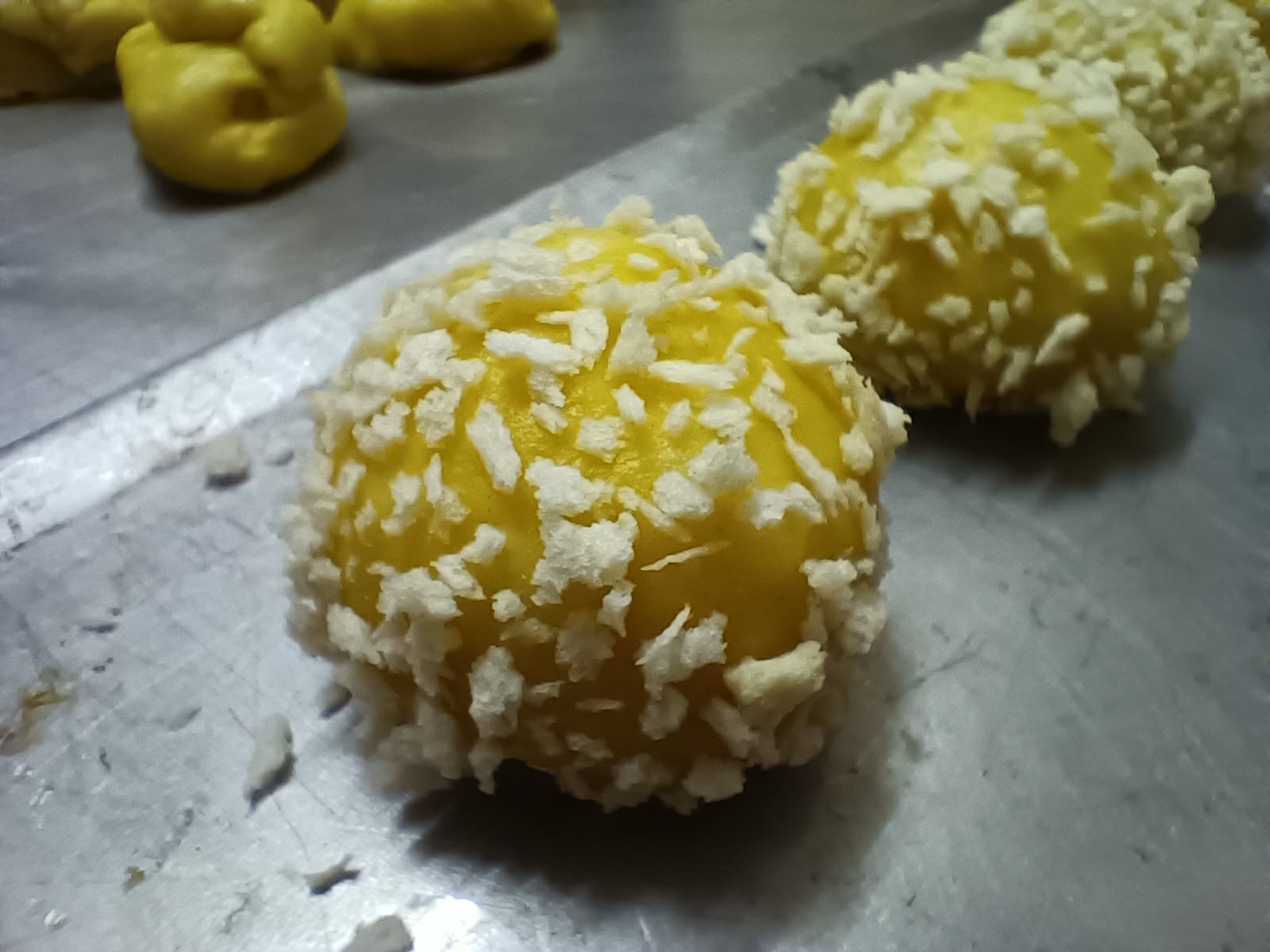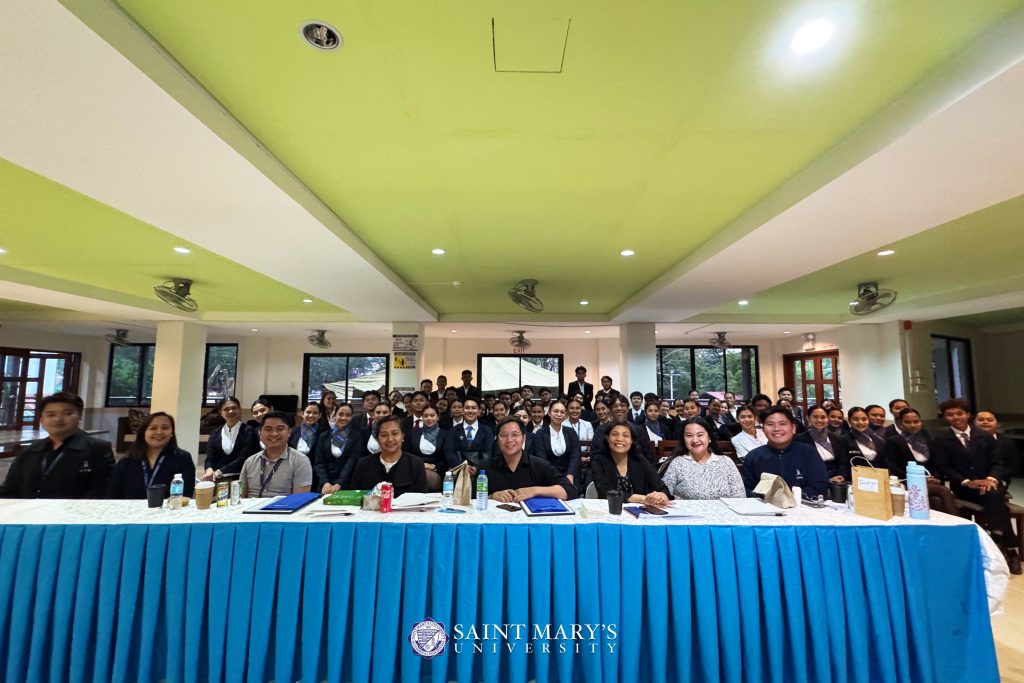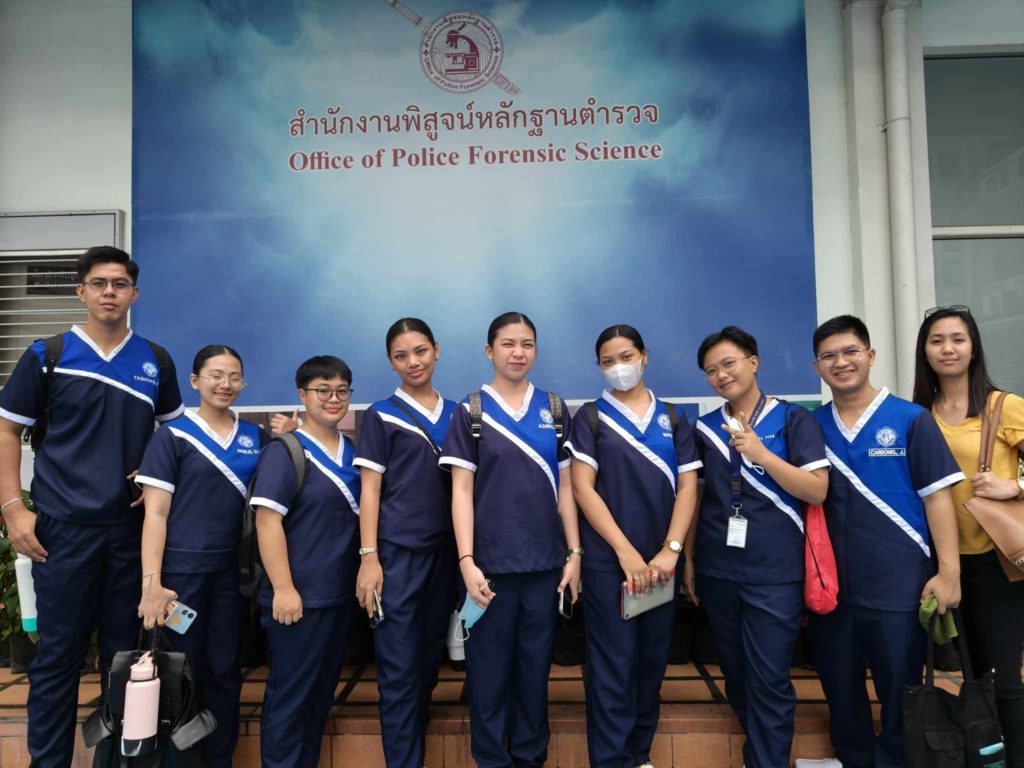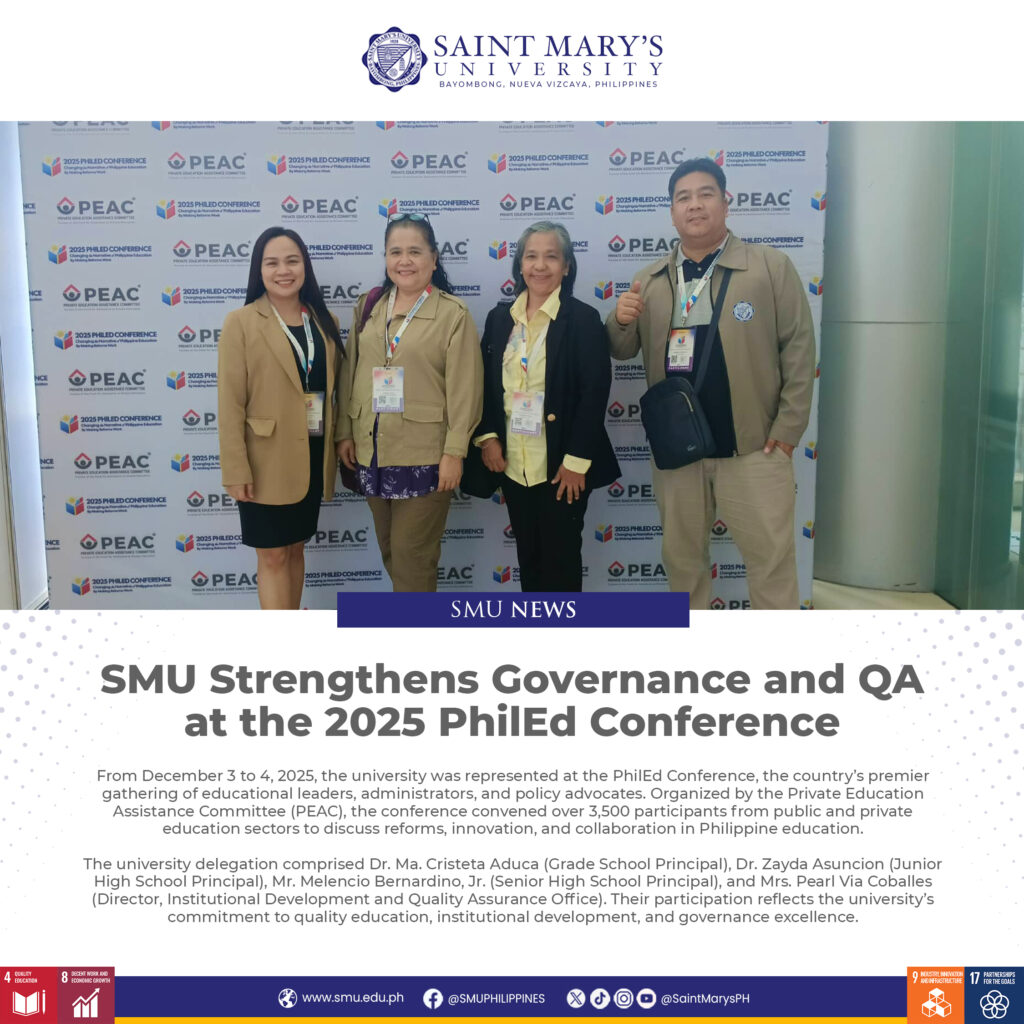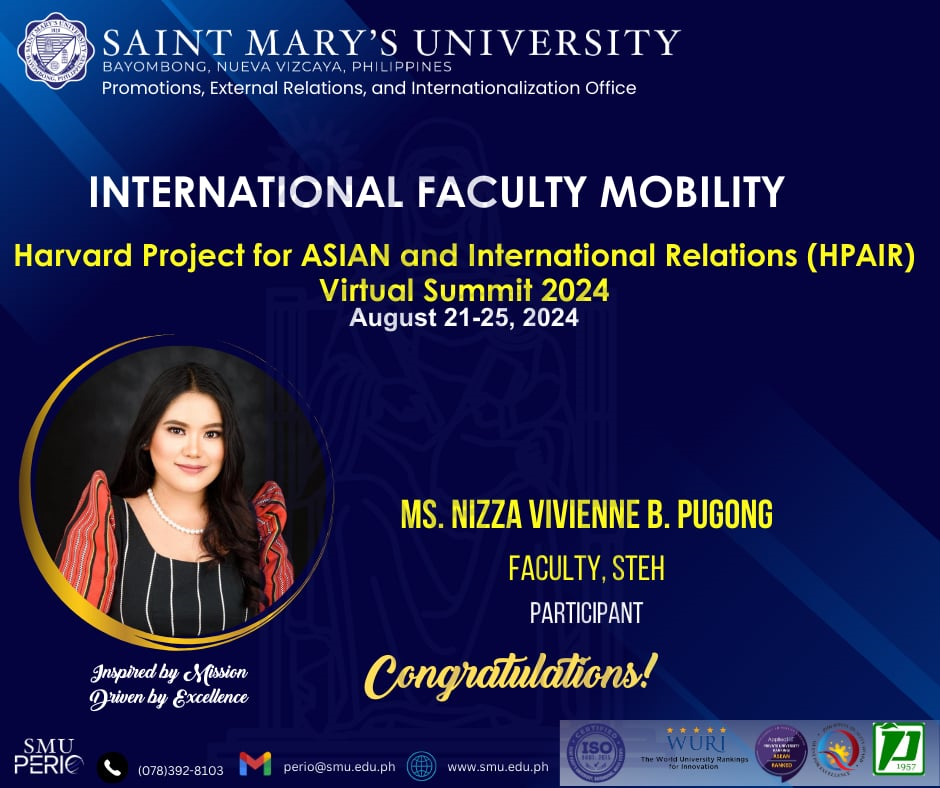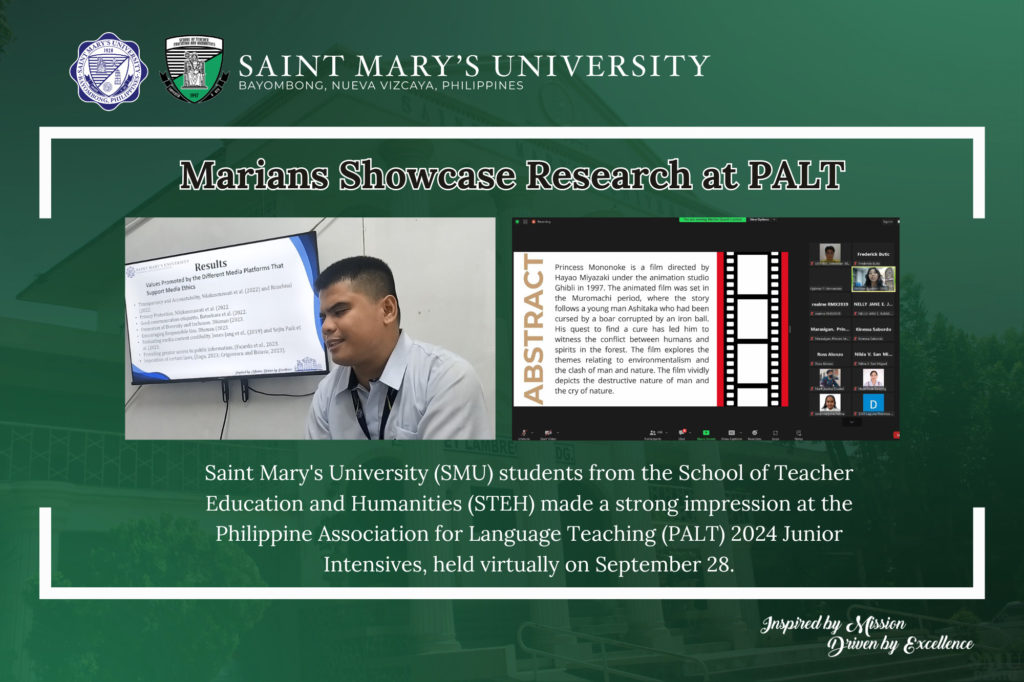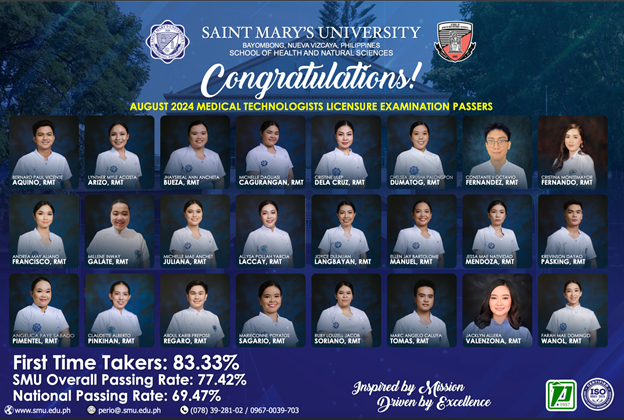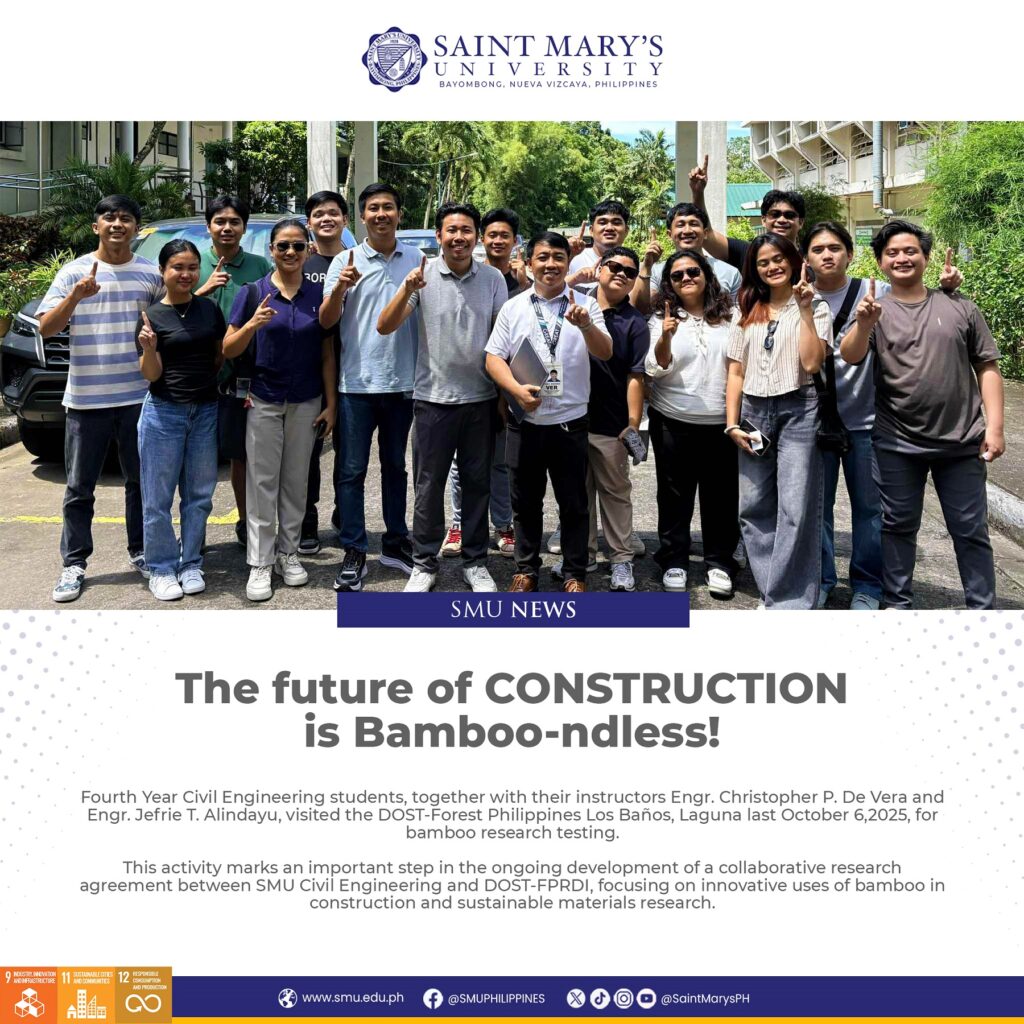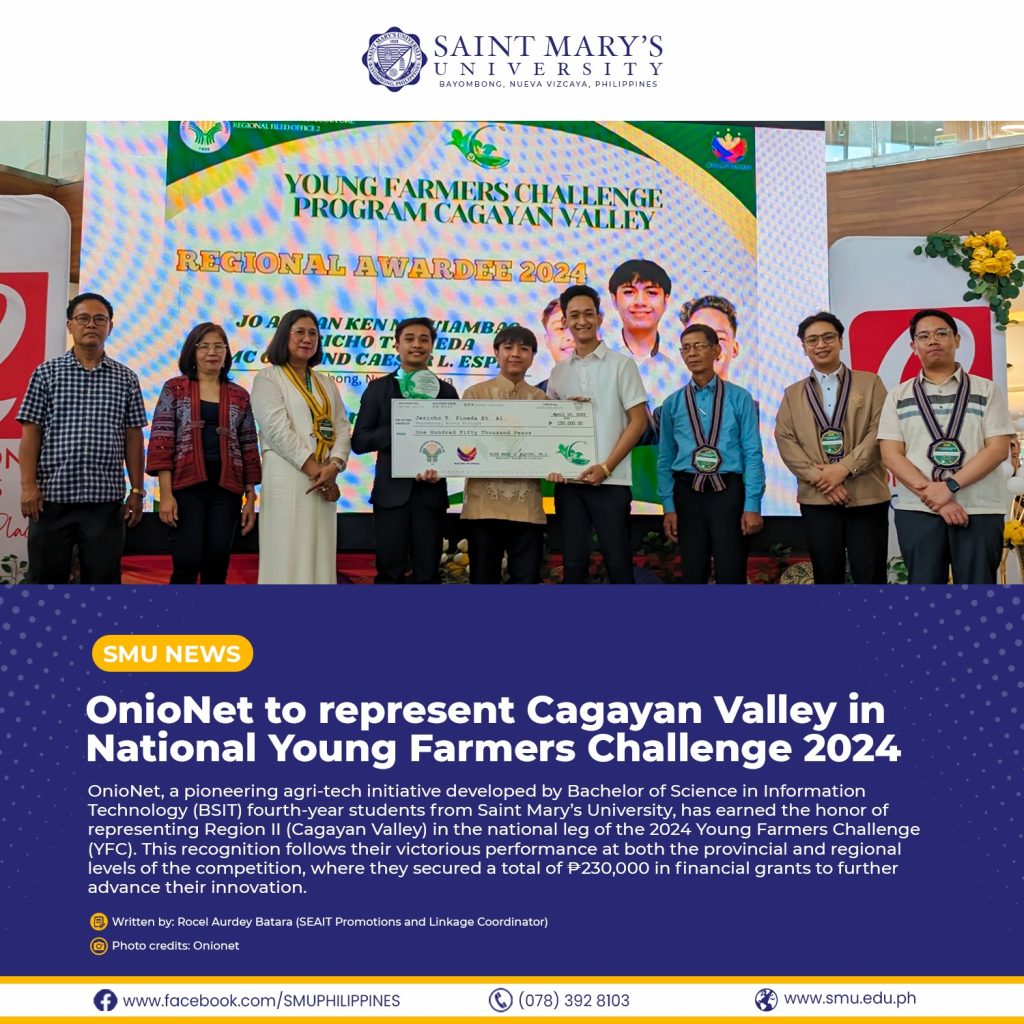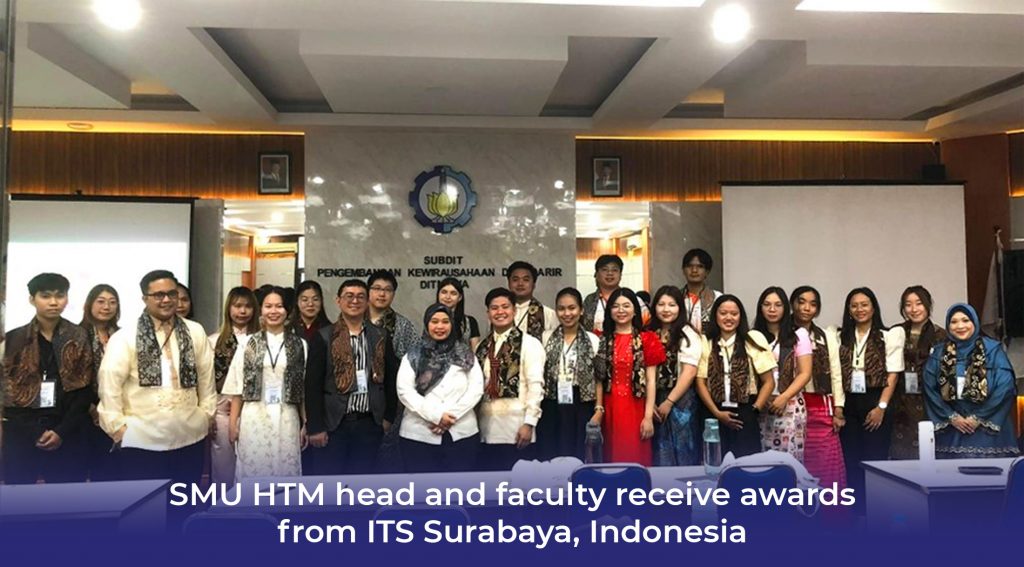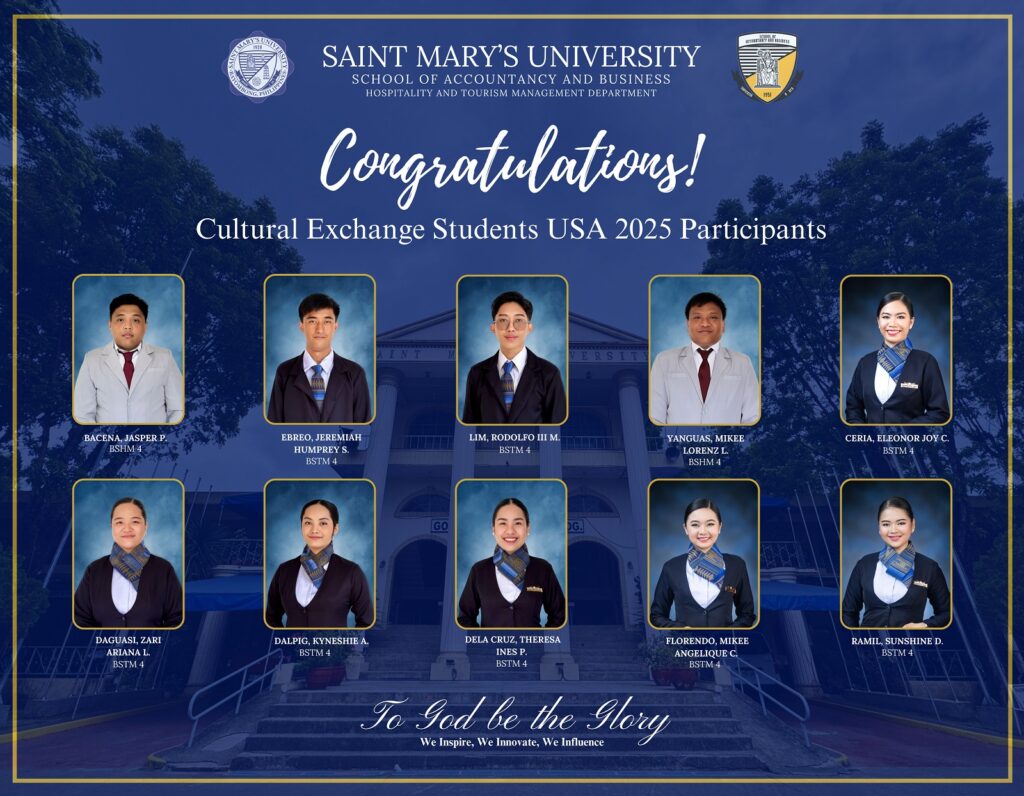Baking a Better Future: Project Pan-de-Kaalaman's Second Batch Graduates with Turmeric-Flavored Hope
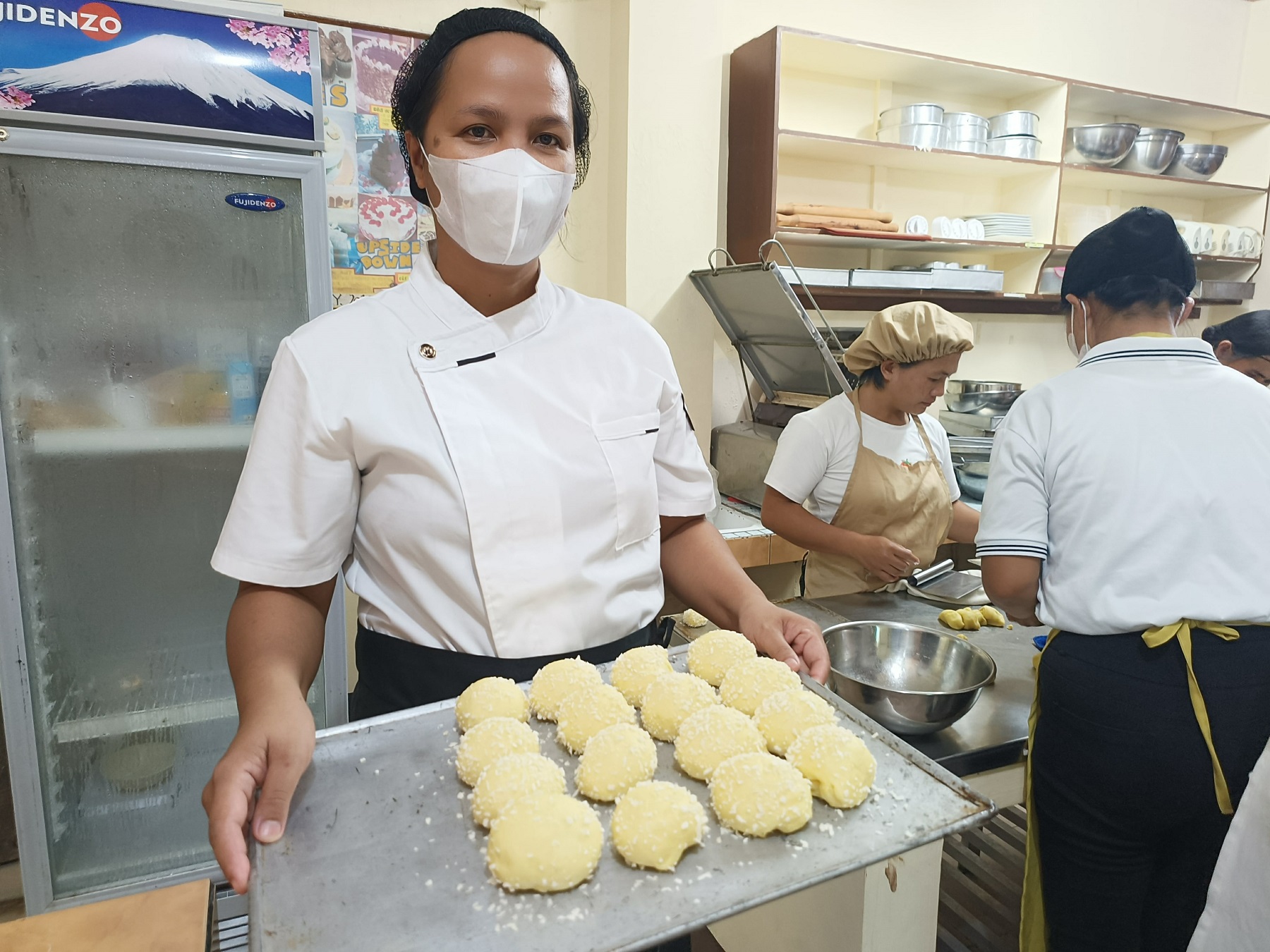
Following the highly successful inaugural run, the university’s dedication to community upliftment soared with the launch and completion of the second batch of Project Pan-de-Kaalaman: Community-Based Training (CBT) Program. Held on October 25, 2025, this iteration further demonstrated the core value of Service by equipping 23 beneficiaries with essential livelihood skills, culminating in a festive graduation ceremony. Focusing on the Bread and Pastry Production NC II competencies, the intensive, hands-on training introduced an innovative element: participants learned to prepare bread that was flavored and colored with turmeric. This creative addition not only broadened their skillset but also promoted the use of healthy, locally sourced ingredients, enhancing the marketability of their potential small-scale enterprises. The program successfully expanded its reach, welcoming beneficiaries from a wider array of communities needing assistance, including residents from Diadi and other local areas, alongside the university’s adopted barangays.
The quality of instruction was fueled by the deep passion and dedication of trainers like Mr. George Rawson A. Guiab and Mrs. Marissa Lyn A. Labangcoc, RN, MSN. One of the trainers reflected on the profound fulfillment derived from the program: “I started baking by 2012, now I tried to pursue my cooking, tried bread and pastry. I started selling in 2013. Today, as a trainer, I am happy, it is fulfilling to share your passion for the longest time. It is more of happiness and seeing them learn; it is more of a selfless sharing.” This genuine commitment ensures the high-quality, heartfelt instruction that reinforces the Marian spirit of compassion and community engagement underpinning the entire initiative. The seamless execution of the program remains a shining example of institutional partnership, led by Mrs. Gayle R. Mercado, Head of ETVAO, Dr. Regina D. Ramel, Dean of SAB and Dr. Christopher Allen S. Marquez, Director pof CEIPSC, and accredited by the Technical Education and Skills Development Authority (TESDA).
he training’s immediate impact on the beneficiaries was palpable, acquiring valuable skills for livelihood development. Participant Marissa Torio eloquently expressed the significance of the training for securing their long-term economic future: “Masaya kami at natutuwa kami at nakasali kami dito, karagdagang kaalaman para pag wala na kami sa 4Ps ay may karagdangang kaalaman kami at magamit para pang kabuhayan, kung pwede po sana ay may part 2 pa.” (We are happy and delighted to have joined this; it provides us with additional knowledge. When we are no longer part of the 4Ps program, we will have extra skills we can use for livelihood. We hope there can be a Part 2.) Her request for a continuation perfectly illustrates how the project aligns with the United Nations Sustainable Development Goals (SDGs), specifically promoting SDG 1 (No Poverty) by creating a path to self-employment, ensuring SDG 4 (Quality Education) through technical-vocational skills, and fostering SDG 8 (Decent Work and Economic Growth) by enhancing employability and supporting local businesses.
SDG 1 No Poverty
SDG 4 Quality Education
SDG 8 Decent Work and Economic Growth
Written by: Aryan L. Yuzon, Promotions Coordinator, School of Accountancy and Business
Photo by: Aryan L. Yuzon

